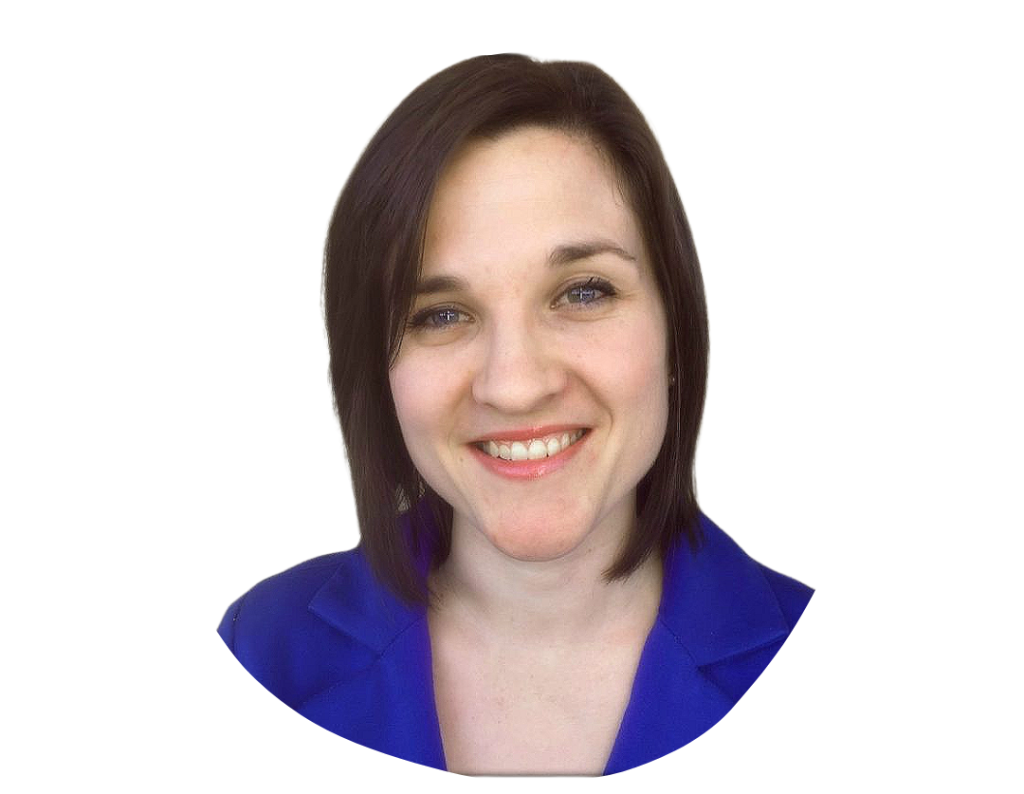Judas Iscariot is a tragic figure in salvation history. Both he and Simon Peter betrayed Our
Lord in some way and yet Saint Peter became the first Pope. Judas however, died by his
own hand.
It seems unfathomable that someone who spent years witnessing firsthand the miracles and
ministry of Jesus could possibly throw Him over to the authorities for monetary gain.
Certainly, one might argue that he didn’t expect that Jesus would be crucified, but that hardly
mitigates the betrayal itself. Would Judas have found it easier to ask for Jesus’ mercy
afterwards had that very act not led to Calvary?
The answer to that is that we’ll never know. What we do know is that Judas had a point, a
doctrine, that he couldn’t accept. This issue was the wedge that began to pry him away from
Jesus.
“It was the Bread of Life discourse at Capernaum which first caused Judas to falter in his
faith,” writes Clement Harrold for the St. Paul Centre.
He wasn’t the only one. “Because of this many of his disciples turned back and no longer
went about with him.” (John 6:66)
But John’s account does not end there.
“So Jesus asked the twelve, “Do you also wish to go away?” Simon Peter answered him,
“Lord, to whom can we go? You have the words of eternal life. We have come to believe and
know that you are the Holy One of God.” Jesus answered them, “Did I not choose you, the
twelve? Yet one of you is a devil.” He was speaking of Judas son of Simon Iscariot, for he,
though one of the twelve, was going to betray him.” (Jn 67-71)
In his book, Life of Christ, Bishop Fulton Sheen expounds this further: “the first record of the
betrayal of Judas is when our Blessed Lord announced Himself as the Bread of Life. The
beginning and the end of Judas’ act of betrayal were both associated with Christ as the
Bread of Life.”
This point – Jesus, the Bread of Life – was too difficult for Judas to believe, too hard for him
to understand. It became the doctrinal disbelief that wedged open the door to his heart. The
small amount of purchase for Satan to work on, increase and, eventually, enter into.
Purchase points
In our contemporary world we’re much more likely to have these ‘points’ out in the open. You
know what I mean. It’s the statements that begin “I’m a Catholic but…”. The ones often
made by high profile people, people in a position of influence who baldly declare that that
they’re Catholic but agree with abortion or same sex marriage etc.
There is no judgment here, only lamenting. Such public declarations can undermine the faith
of others.
The real issue in these ‘points’ whether made in the public sphere or within our own
individual circles of influence, is that they can provide an opportunity for us to become cut off
from Our Lord.
Jesus didn’t say that the truth would be easy. Often it’s downright hard and at times, it can feel
oppressive or burdensome.
But if Jesus is the way, the truth and the life, then we have to be willing to trust that He
knows best, despite our own personal objections. We do not have the infinite knowledge of
God, for all our education and the advances of our age. We will never fully understand God’s
wisdom on this earth.
Prudent ‘points’
It is at this point that discernment – prudence and fortitude – must come to the fore.
It’s ok to say, “I’m Catholic and I struggle with the Church’s teaching on divorce”, for
example. But to follow them anyway.
It’s ok to feel conflicted, to find it hard to agree with aspects of the Church’s teaching. I
mean, it’s one thing to believe that same sex marriage shouldn’t be legal and yet know and
love people who identify as being homosexual. It’s normal to want them to be happy – but
sin isn’t a means to an end.
If you can feel and identify a pain ‘point’ you can take this to prayer and spiritual direction.
Pray, research, seek counsel. Go to Confession. Receive Our Lord in the Eucharist and pray
for enlightenment in this area.
Don’t let the gap open, and doubts creep in.
The tricky part is to act with the prudence, bolstered by the fortitude, required in the spiritual
life. At the end of the day however, we can choose to leave the door to our heart wedged
open, leaving room for doubt and disillusion or we can close the door tightly and trust
implicitly in the truth that will set us free.

Written by Emily Shaw
VM Writer and Graphic Designer. Wife of one, mother of 8. Tackling growth in virtue one (baby) step at a time.
